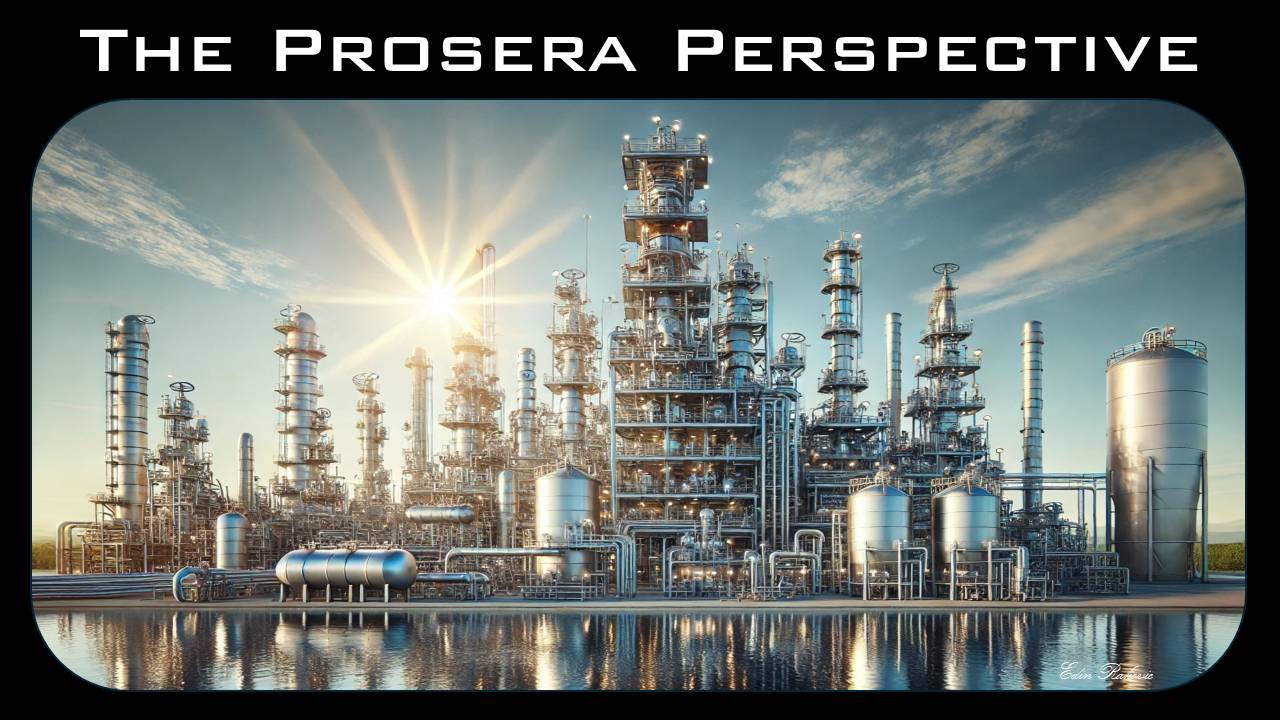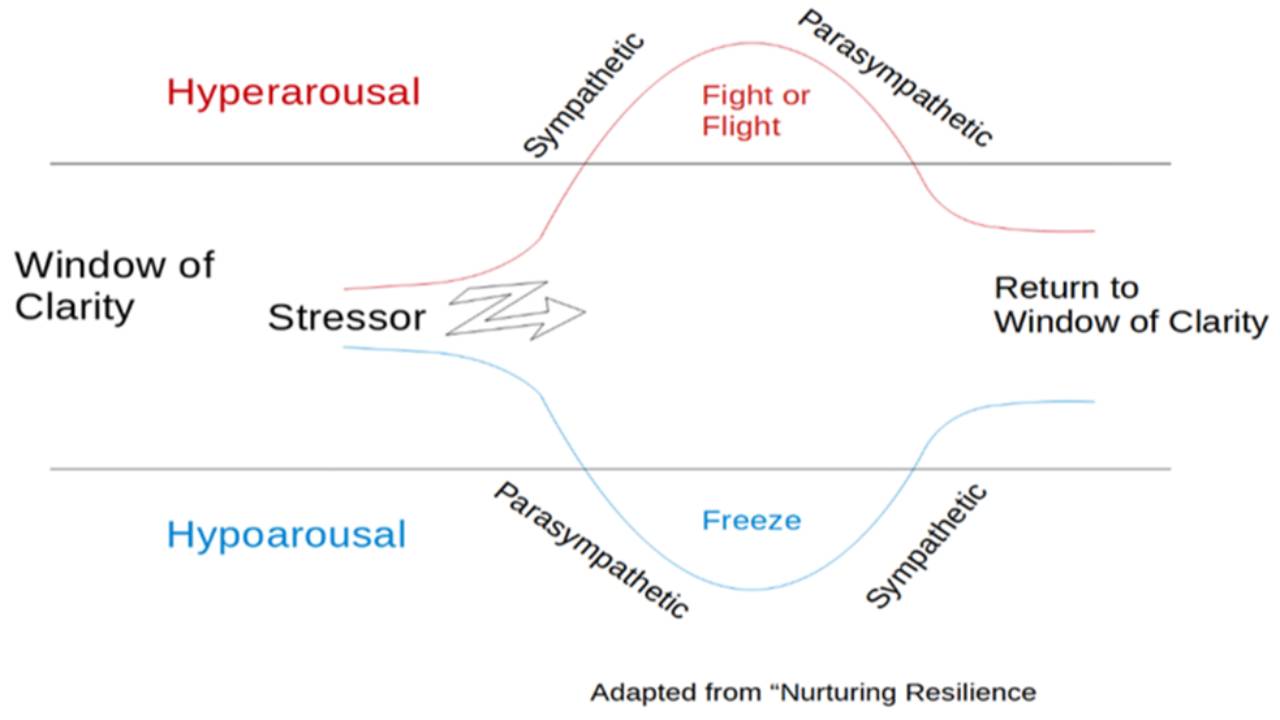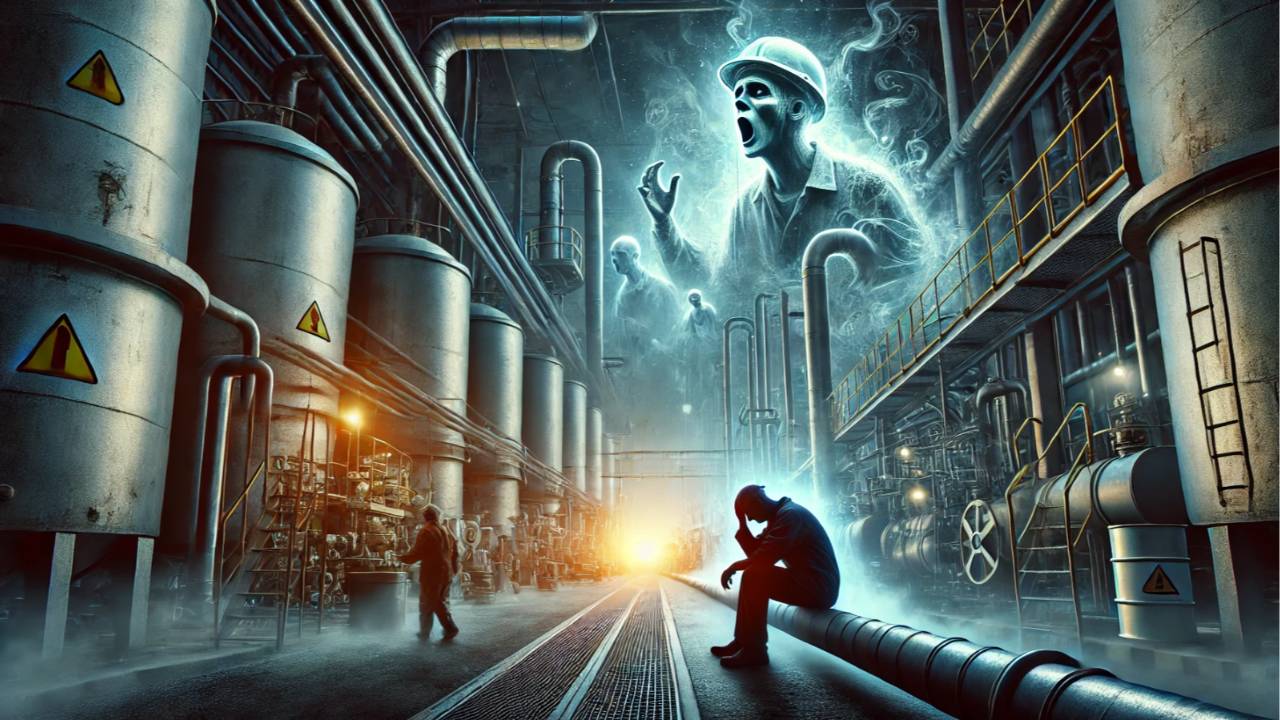The implementation of Digital Twins in industrial environments has moved far beyond standalone simulation servers. Today’s Digital Twins are highly connected, scalable, and secure virtual environments that mirror the behavior of real-world assets, processes, and control systems.
To achieve this, su...
We ask Ron:
How do great leaders support recovery after traumatic events?
Ron's Response:
Leadership plays a pivotal role in trauma recovery, and this role can either aid or hinder recovery. Trauma, particularly in high-risk industries, requires careful, empathetic leadership to ensure the
...Today's process manufacturers operate in an environment of increasing complexity. Globalization, sustainability demands, workforce shifts, and evolving technologies have created a landscape where efficiency, safety, and adaptability are critical. At Prosera, we understand these challenges deeply. Th...
We ask Ron:
How does PTSD Impact Job Safety and Performance?
Ron's Response:
Post-Traumatic Stress and PTSD can deeply affect an individual’s ability to perform safely and effectively in the workplace. Here are some key areas where PTS can have a profound impact:
- Impaired Decision-Making...
We ask Ron:
How PTS affects work relationships?
Ron's Response:
Have you ever wondered why gaining the cooperation of operators can be difficult when introducing new procedures or control system changes? You might feel like you're being interrogated in a high-pressure environment. The truth
...We ask Ron:
How to recognize symptoms of PTSD?
Ron's Response:
Recognizing the symptoms of PTSD early is essential for taking action and finding support. PTSD can deeply affect many aspects of life, and if left untreated, it can lead to complications like depression, substance abuse, and ev
...We ask Ron:
What impact does PTSD have on manufacturing operations?
Ron's Response:
While PTSD is often linked to severe injuries or loss of life, I will address both PTSD and PTS, focusing on the often overlooked mental health challenges that can arise from less severe but still traumatic
...We ask Ron:
How do focus and stress management enhance problem-solving?
Ron's Response:
In high-pressure situations, even the best technical knowledge is of little use without focus and the ability to manage stress effectively. Simulation training helps operators develop these essential sk
...We ask Ron:
What role does experience play in effective problem-solving?
Ron's Response:
Pattern recognition and tacit knowledge—the instincts gained through experience—are indispensable for problem-solving. But how do you cultivate these skills in a controlled environment? Simulation trai
...We ask Ron:
How does curiosity drive a problem-solving mindset?
Ron's Response:
Curiosity is the cornerstone of a problem-solving mindset. It’s about asking “why” at every opportunity—not just when something goes wrong but to understand the deeper principles at play. Simulation training nu
...We ask Ron:
How can simulation training cultivate a problem-solving mindset?
Ron's Response:
To answer this question let us approach this from three different perspectives. There are three powerful perspectives that form the foundation of this mindset:
- Curiosity and Openness to Possibil ...
We ask Ron:
How can simulators be used to train operations and test Anti-Surge controllers to prevent surge conditions in centrifugal compressors?
Ron's Response:
Let us first look at a definition from Kumar Dey “Centrifugal compressor surge is a characteristic behavior of the compressor t
...We ask Ron:
How can simulation training improve operations' responsiveness to changing conditions in a dynamic environment?
Ron's Response:
Whenever an incident occurs the investigators freeze time and slowly break down the sequence of events—viewing it from all perspectives. If only we co
...We ask Ron:
How does stress impact decision-making, and how can training help mitigate the physiological effects of stress?
Ron's Response:
In the last pod we discussed how stress can impact performance and what are some of the physiological responses to stress.
In her book, The Unthinka...
We ask Ron:
How can stress affect decision making and how training will reduce the physiological responses?
Ron's Response:
Capt. Chesley “Sully” Sullenberger was quoted as saying that the moments before the emergency water landing of US Airways Flight 1549 were "the worst sickening, pit-o
...We ask Ron:
Why do we need to justify the investment in developing and maintaining successful training programs?
Ron's Response:
Developing a simulator program involves a financial commitment and resources to be successful. This continues after the initial installation of the facility. One
...We ask Aaron:
You’ve mentioned the desire to avoid “replacement in kind” and to deliver ROI a couple of times. It’s not intuitive where that return would come from on a DCS replacement project – where is the value? What’s the role for simulation there?
Aaron's Response:
When we talk about
...We ask Ron:
Why is it important to understand the relationship and interaction between the human and machine for training?
Ron's Response:
Several years ago, Gary Klein and Joseph Borders completed a study of operators’ mental models that involved watching how they navigated through proces
...We ask Aaron:
How has dynamic simulation changed the way you approach control system upgrades?
Aaron's Response:
Fundamentally, I think this is a two-way street. The way that simulation has changed the way I approach system modernization projects has shifted almost hand-in-hand with the wa
...We ask Ron:
What are some key components of maintaining a successful simulator training program?
Ron's Response:
Unfortunately, far too many simulators have become dust collectors after their initial installation. They may have been developed for the initial startup of a facility and then
...We ask Aaron:
What is the role of dynamic simulation in control system modernization?
Aaron's Response:
In control system modernization projects – that is, brownfield projects designed to replace and improve the automation systems in plants – the focus is on risk. Risks come from changes
...We ask Ron:
Why is the selection and development of training scenarios key to a successful program?
Ron's Response:
There are a few areas to focus on when developing simulator scenarios.
- The development of process knowledge, i.e. Distillation, heat exchange, chemical reactions. Scenario ...
We ask Ron:
What are critical decisions and why is it important to make them where there is limited time to respond?
Ron's Response:
Critical decisions include situations that could include a loss of containment and prompt isolation of the process is required, or when equipment fails and qu
...We ask Ron:
What unique challenges do the different types of procedures present when building a training program?
Ron's Response:
Often times this distinction is not highlighted as each type of procedure presents unique challenges. Yes, there are at least 4 main types of procedures which ar...

























